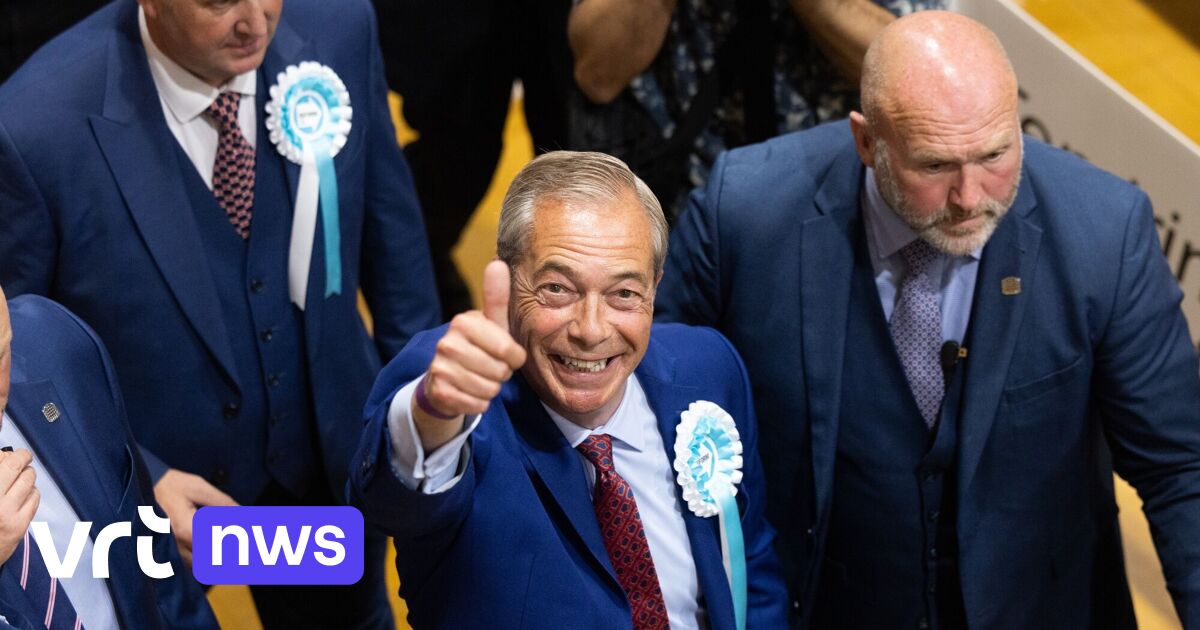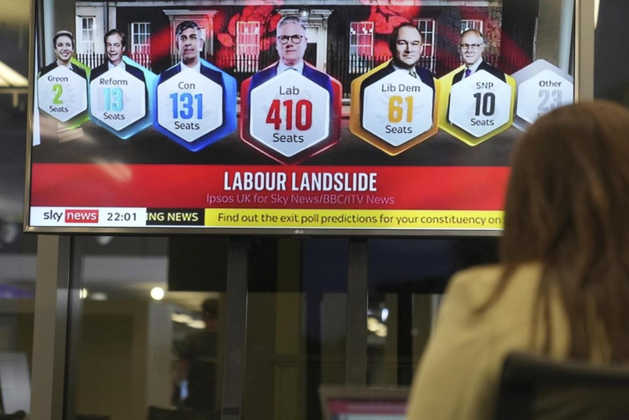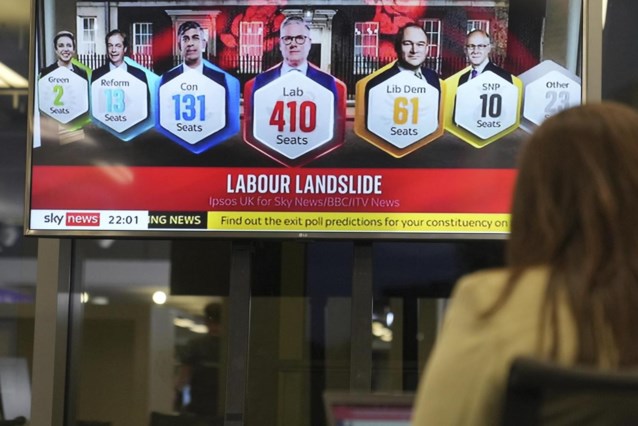If only Britain had a president like Italy. Someone who can try to force a new coalition when the old one fails, someone who stands at the top of the party and crushes the heads of party leaders when they have to quit. Because if the Brexit crisis has made it clear, then the political system in the UK is not functioning right now. For the world’s oldest democracy, as the British like to see it, this is a painful observation.
An important cause is the absence of clear rules of the game. Or rather: the possibility to adapt the political rules of the game to the circumstances of the time. The United Kingdom does not have a single fixed and written constitution, only a set of laws that define the rules for, among other things, parliament. This works best if everyone agrees with the explanation of the rules, or if disagreements are resolved after proper consultation. But it doesn’t work with the deep divisions that now exist in Brexit, or when a populist pays less attention to political mores.
In Italy, Matteo Salvini of Lega Nord tried to force new elections by blowing up the government, but other parties (formerly political enemies and overcoming them) decided to build a new coalition. The country can now progress. In London, it remains to be seen what tricks Prime Minister Boris Johnson can pull off parliament due to flexible political rules. The parliament doesn’t want to leave the EU without a deal, but neither does it agree on an alternative.
When a system gives radicals (in this case no-deal Brexiteers, minorities in parliament and the population) so much power, something goes wrong. Because a well-functioning democracy also forces other views, such as those of minorities, to be taken into account. Because of the district system, they are already weakly represented, and if political mores don’t exist to accommodate them, abuse of power lurks. Under the guise of representing the ‘voice of the people’.
Hopefully the painful soap of Brexit will encourage Britons to rethink their system. Is a referendum compatible with such a system, or does parliament represent the will of the people? Is the district system still up to date? Is it desirable that if the government falls, the ruling party itself should be allowed to elect a new prime minister (as the Conservatives did)? Should the ancient House of Lords continue to exist? And most importantly: are there sufficient mechanisms to force politicians to compromise and moderate?
Newspaper opinions, expressed by members of the editorial board and senior editors.

“Hipster-friendly creator. Music guru. Proud student. Bacon buff. Avid web lover. Social media specialist. Gamer.”







